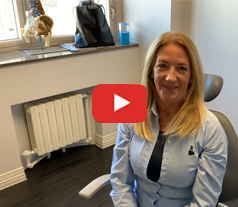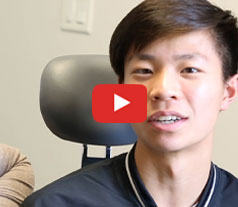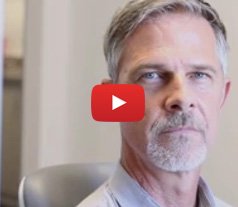Abstinence Violation Effect AVE What It Is & Relapse Prevention Strategies
The RP model proposes that at the cessation of a habit, a client feels self-efficacious with regard to the unwanted behaviour and that this perception of self-efficacy stems from learned and practiced skills3. In a prospective study among both men and women being treated for alcohol dependence using the Situational Confidence Questionnaire, higher self-efficacy scores were correlated to a https://renderwerock.com/crush-dry-january-8-expert-hacks-for-a-successful/ longer interval for relapse to alcohol use8. The relationship between self-efficacy and relapse is possibly bidirectional, meaning that individuals who are more successful report greater self-efficacy and individuals who have lapsed report lower self-efficacy4.
- This psychological phenomenon occurs when someone perceives a lapse or violation of their self-imposed rules or goals, leading to intense negative emotions and potentially triggering a cycle of further harmful behaviors.
- Specific intervention strategies include helping the person identify and cope with high-risk situations, eliminating myths regarding a drug’s effects, managing lapses, and addressing misperceptions about the relapse process.
- Several leading theorists of the strengths-based model have articulated principles relevant for counseling people recovering from problematic substance use.
- Similar to the reward thought, you may have another common thought after a period of sobriety.
Coping and Avoidance Skills for Clients in Early Recovery

Your lapse becomes a tool to move forward and to strengthen your motivation to change, your identification of triggers and urge-controlling techniques, your rational coping skills, and the lifestyle changes needed to lead a more balanced life. In a similar fashion, the nature of these attributions determines whether the violation will lead to full-blown relapse. Positive social support is highly predictive of long-term abstinence rates across several addictive behaviours. Among social variables, the degree of social support available from the most supportive person in the network may be the best predictor of reducing drinking, and the number of supportive relationships also strongly predicts abstinence. Further, the more non-drinking friends a person with an AUD has, the better outcomes tend to be.
When Desire Becomes a Symptom: Understanding Hypersexuality in Brain Tumor Patients

In other words, abstinence violation effects make a single lapse much more likely to turn into a full return to a full relapse into negative behavioral or mental health symptoms. In the context of Substance abuse addiction, a breach of sobriety with a single drink or use of a drug has a high likelihood of a full relapse. These properties of the abstinence violation effect also apply to individuals who do not have a goal to abstain, but instead have a goal to restrict their use within certain self-determined limits.
Balanced lifestyle and Positive addiction
The Abstinence Violation Effect (AVE) is a psychological phenomenon that refers to a person’s reaction to breaking a self-imposed rule of abstinence or self-control. It occurs when individuals who have set strict rules for themselves regarding certain behaviors or habits (e.g., alcohol consumption, smoking, or eating certain foods) engage in the prohibited behavior, leading to feelings of guilt, shame, and loss of control. In psychotherapy, an abstinence violation effect refers to the negative cognitive and affective reactions one experiences after returning to substance use after a period of abstinence. Taylor uses an app to watch her intake of calorie limit and does see positive outcomes to her new lifestyle. One night, she craves pizza and wings, orders out, and goes over her calories for the day.
Ambiverts at Work: Why They Make Exceptional Leaders and Team Players

One of the most critical predictors of relapse is the individual’s ability to utilize effective coping strategies in dealing with high-risk situations. Coping is defined as the thoughts and behaviours used to manage the internal and external demands of situations that are appraised as stressful. A person who can execute effective coping strategies (e.g. a behavioural strategy, such as leaving the situation, or a cognitive strategy, such as positive self-talk) is less likely to relapse compared with a person lacking those skills. Moreover, people who have coped successfully with high-risk situations are assumed to experience a heightened sense of self-efficacy4. One of the most critical predictors of relapse is the individual’s ability to utilize effective coping strategies in dealing with high-risk situations. Self-efficacy is defined as the degree to which an individual feels confident and capable of the abstinence violation effect refers to performing certain behaviour in a specific situational context5.













